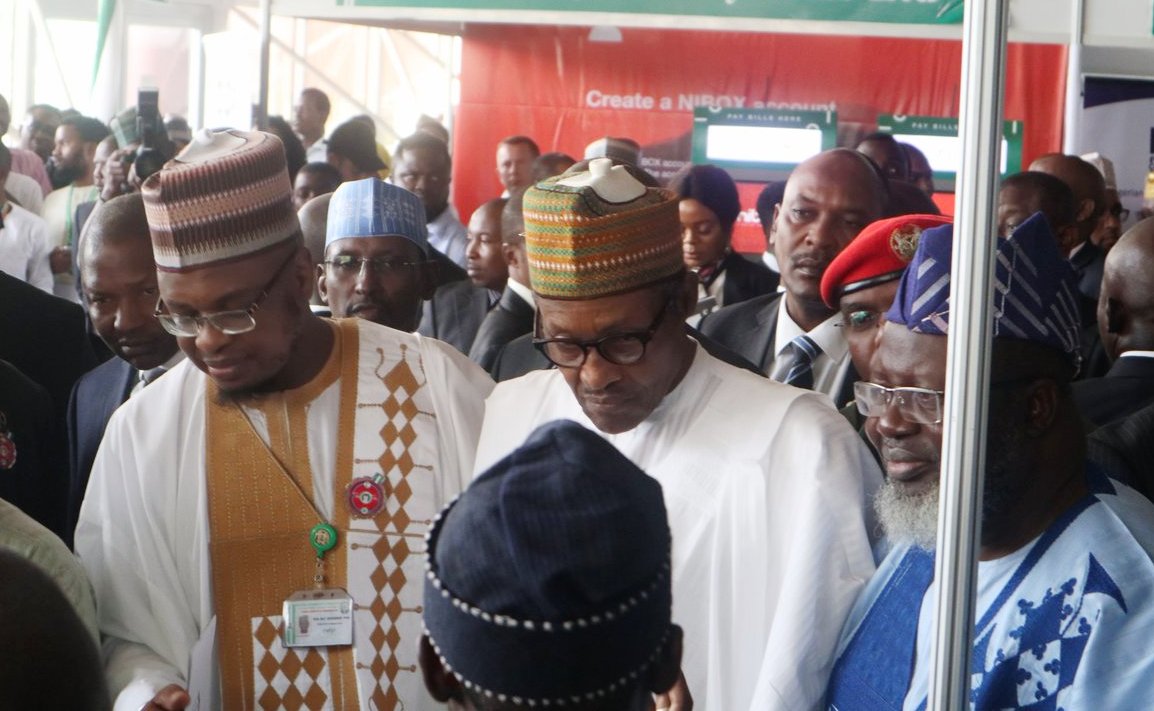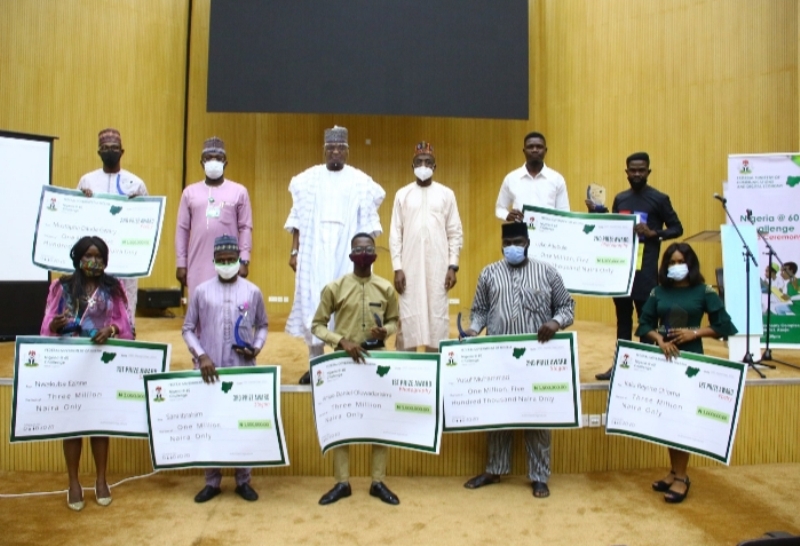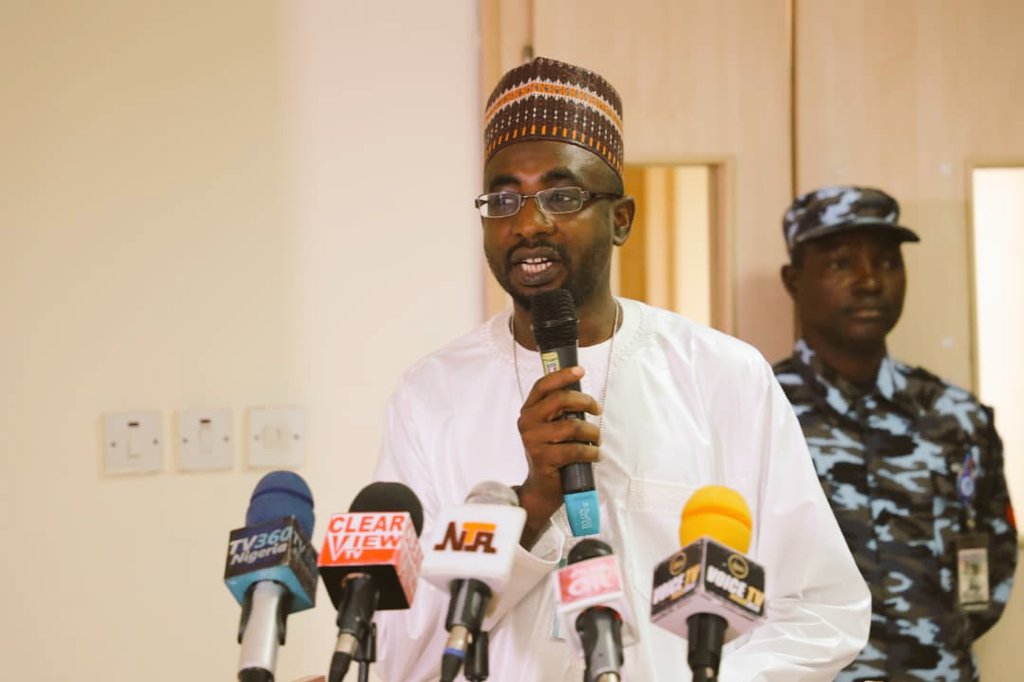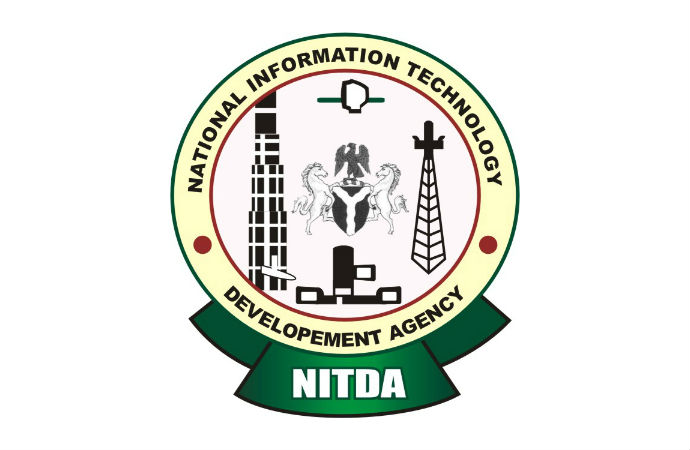The Federal Government has reiterated its commitment towards developing a digital economy for Nigeria, especially with the advent of COVID-19 pandemic.
Dr Isa Pantami, Minister of Communications and Digital Economy said this at the Nigeria Innovation Summit 2020 organised by Innovation Hub Africa on Tuesday in Abuja.
Pantami was represented by Mr Kashifu Inuwa, Director General, National Information Technology Development Agency (NITDA), at the event.
He said that President Muhammadu Buhari was committed to ensuring that Nigeria was abreast with global innovation trend as well as positioning the country to become a digital economic giant in Africa.
Pantami said that the theme of the 2020 summit “Innovation In Critical Times” was interesting, because COVID-19 has forced people to embrace new practices and innovations as a means of reducing the impact of the disease.
“In Nigeria, we are lucky to have the right leadership at this time, the government under the leadership of President Muhammadu Buhari,has set the foundation to innovate even before COVID-19.
“On Oct. 23, 2019, the President renamed and expanded our ministry’s mandate to cover the digital economy,also on Nov. 28,2019, the President launched the National Digital Economy Policy and Strategy for Digital Nigeria, and he urged us to start implementation immediately.
“On March 19,just before COVID-19 lockdown, the President launched the National Broadband Plan and unveiled Digital Nigeria initiatives, and also launched digital skills and literacy trainings,” he said.
The minister said that COVID-19 has been the worst health and economic crisis of the present generation.
He said that the World Bank predicted that COVID-19 would lead the global economy into the worst recession since World War 11.
“According to World Bank, it is also a learning crisis because at the end of March, over 180 countries closed schools, forcing over 1.5 billion students to stay home and we are forced to unlearn, relearn how we live and work to navigate our way out of the pandemic, “Pantami said.
He said that the ministry has been championing efforts on remote working and setting the pace for innovation since the advent of the pandemic.
“We conceptualised and implemented groundbreaking initiatives under the lockdown and those initiatives set the foundation that helped us as a country to innovate and navigate our ways from the crisis mode to the recovery stage.
“We collaborated with stakeholders in the ecosystem to host the COVID-19 Innovation Challenge, where innovators were invited to showcase their ideas on how to manage the pandemic.
“The winners got prizes and fundings that helped them turn their ideas into impactful ventures and we handheld them to develop into products and services,” he said.
He named some of the exciting inventions at the competition to include an indigenous ventilator currently being tested on an animal, a smart decontamination chamber and MyClinic, an online platform that enable users to hold video consultations with medical personnel.



